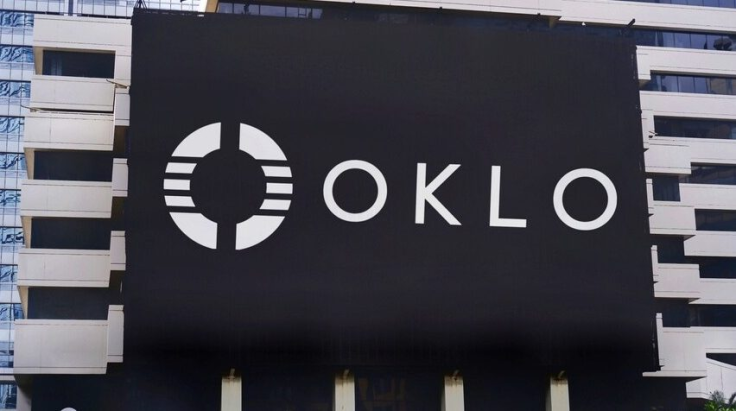The OKLO Reactor That's Turning Heads in Tennessee — Should You Jump In or Run?
Oklo's $1.68B reactor aims to recycle nuclear waste into clean energy. But can it deliver on the hype?

California-based nuclear startup Oklo Inc. has announced plans to build the United States' first privately funded atomic fuel recycling plant in Oak Ridge, Tennessee.
The $1.68 billion facility announced this month is expected to create over 800 jobs and fuel Oklo's next-generation Aurora microreactors, which are being pitched as a clean energy solution for data centres, military bases, and industry. But despite the buzz, sceptics warn the project could be years from reality.
These reactors use recycled fuel and are promoted as a solution to the growing energy demands of artificial intelligence infrastructure.
Turning Waste into Watts
At the heart of Oklo's pitch is a bold promise: to recycle used nuclear fuel, which is traditionally seen as hazardous waste, into a reliable energy source. The company claims that the 94,000 metric tonnes of spent fuel currently stored across the US could be transformed into energy equivalent to 1.3 trillion barrels of oil, or five times Saudi Arabia's reserves.
Today, Oklo is announcing plans to design, build, and operate the nation's first privately funded fuel recycling facility in Tennessee — the first phase of an Advanced Fuel Center totaling up to $1.68 billion.
— Oklo (@oklo) September 4, 2025
Once complete, Oklo's new facility will be able to recycle the 94,000... pic.twitter.com/nYec593M4M
Oklo's CEO, Jacob DeWitte, described the initiative as a turning point for the industry: 'By recycling used fuel at scale, we are turning waste into gigawatts, reducing costs, and establishing a secure US supply chain.'
The company is also collaborating with the Tennessee Valley Authority (TVA) to explore recycling TVA's used fuel and potentially selling power from future reactors to the utility. If successful, this would mark the first time a US utility has recycled its own fuel into clean electricity using modern electrochemical processes.
Investor Buzz and Caution
The announcement has sent Oklo's stock soaring, with shares jumping nearly 19% following the news. Over the past year, the company has seen a staggering 1200% surge in valuation, driven by investor enthusiasm for its clean energy vision and strategic positioning at the intersection of nuclear power and AI.
However, analysts warn that the hype may be outpacing reality. Oklo remains a pre-revenue company, and its first commercial reactor is not expected to come online until 2027 or 2028. The Tennessee recycling facility itself is unlikely to begin operations before the early 2030s, leaving a long runway before any meaningful returns materialise.
The company also faces regulatory hurdles. Its initial licence application was rejected by the Nuclear Regulatory Commission (NRC) in 2022. Although Oklo plans to resubmit later this year, the review process could take two to three years.
Tennessee's Nuclear Bet
For Tennessee, the project represents a significant economic and strategic investment. The state has allocated $70 million through its Nuclear Energy Fund to attract companies like Oklo and bolster its nuclear ecosystem. Oak Ridge, already home to the Oak Ridge National Laboratory, offers a rich legacy in atomic science and infrastructure.
Governor Bill Lee hailed the announcement as a milestone: 'Tennessee is well-positioned to lead America's energy independence... We're proud to partner with Oklo to innovate for the future.'
Should Investors Jump In?
Oklo's vision—recycling nuclear waste into clean energy for a digital economy—is bold and timely. But execution risks are significant. The company has no commercial revenues, faces high cash burn, and is years away from potential profitability.
For cautious investors, Oklo remains speculative. For those willing to bet on the long-term promise of nuclear fuel recycling and small modular reactors, it represents one of the most compelling but risky plays in the clean energy sector.
© Copyright IBTimes 2025. All rights reserved.




















